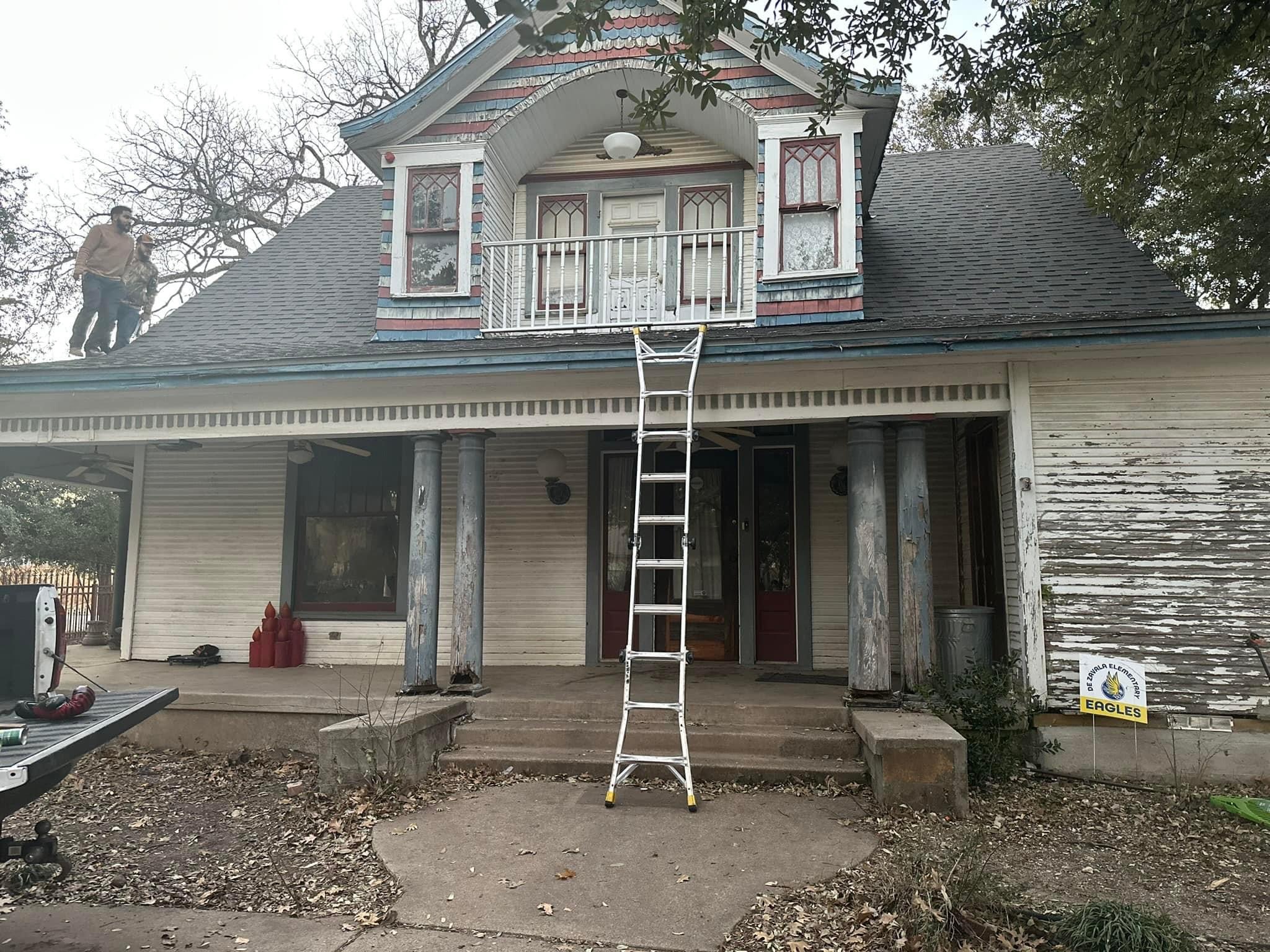COVID-19 cases in Dallas County took a massive jump from Tuesday to Wednesday with 78 new cases of the virus confirmed along with the county's sixth and seventh deaths.
County health officials said the additional cases brings the county's total number of infected to 247, an overnight increase of 46%.
The county confirmed the sixth death after a Garland woman in her 80s, who did not have high-risk chronic health conditions, died in the hospital after contracting the virus.
Later Wednesday, at a press conference, Dallas County Health and Human Services Dr. Philip Huang said a seventh person had died from the virus. He said the county would release more information about that person on Thursday
Get top local stories in DFW delivered to you every morning. Sign up for NBC DFW's News Headlines newsletter.
Of cases requiring hospitalization to date, about two-thirds (67%) have been either over 60 years of age or have had at least one known high-risk chronic health condition.
“Today’s steep increase in cases is an urgent reminder that Governor Abbott should heed the pleas of doctors, nurses, and hospitals. We can’t wait any longer. I once again ask all North Texas counties to immediately move to the Dallas “Stay Home Stay Safe” model as some did yesterday. That’s our best chance to #Flattenthecurve,” said Dallas County Judge Clay Jenkins.
New cases are being reported as a daily aggregate, with a more detailed summary report updated Tuesdays and Fridays. All unspecified cases are listed on the map below.
Local
The latest news from around North Texas.
*Map locations are approximate, central locations for the city and are not meant to indicate where actual infected people live.
Dallas County Judge Clay Jenkins on Sunday issued a shelter-in-place order for the county, effective Monday night at 11:59 p.m., requiring most residents to stay at home and to leave only for "essential activities." The order expires April 3.
Similar measures were put in place in Tarrant, Denton and Collin counties on Tuesday.
How to Avoid COVID-19 Infection:
The best way to prevent infection is to take precautions to avoid exposure to this virus, which are similar to the precautions you take to avoid the flu. CDC always recommends these everyday actions to help prevent the spread of respiratory viruses, including:
- Wash your hands often with soap and water for at least 20 seconds. If soap and water are not available, use an alcohol-based hand sanitizer.
- Avoid touching your eyes, nose, and mouth with unwashed hands.
- Avoid close contact with people who are sick.
- Stay home when you are sick.
- Cover your cough or sneeze with a tissue, then throw the tissue in the trash.
- Clean and disinfect frequently touched objects and surfaces.
*Information shared from the Office of Texas Gov. Greg Abbott



